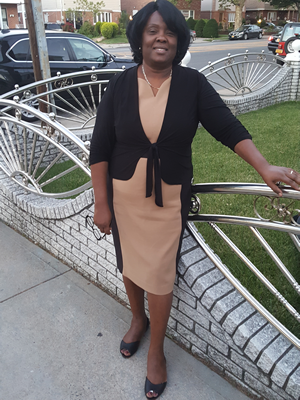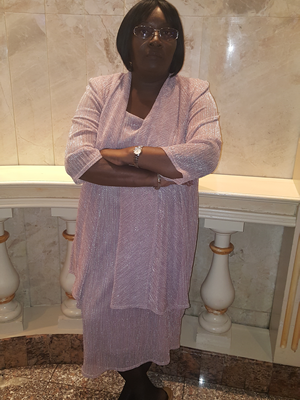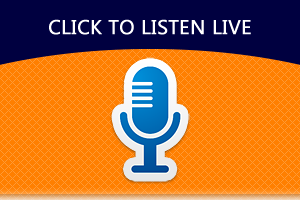Fast Guide to Non-Prescription Sleep Aids
Your insomnia comes and goes? You need at least 5 hours of sleep? You want something fast that you can get without a prescription. Besides, you really don't want to mess with those presumably "heavy duty" prescription sleeping medications. So here are the fast facts about non prescription sleep aids to guide you.
Usually, non prescription sleep aids generally refer to 2 types of sleep aids. They are the antihistamines and the dietary supplements.
Antihistamines:
1. How do they work? The ones used as non prescription sleep aids have been around for awhile, probably since you were a kid. These are the very drugs you take when you have cough and cold or allergies.
These antihistamines are very popular not just because they are effective for your cough and allergies. You recover faster because the "benefit" of their side effect of prolonged drowsiness "forces" your body to rest and recover. In the same way, you are basically using the drowsiness side effect to get you to sleep
2. What are they? Antihistamines used as non prescription sleep aids consist of 2 types of active ingredients ie diphenhydramine and doxylamine
3. Popular brands are:
- Sominex, Nytol, Tylenol PM, Benadryl (Diphenhydramine compound)
- Unisom, Equate (Doxylamine compound)
4. Side effects that are common:
- Prolonged drowsiness or hangover effect that impairs driving, etc
- Dizziness
- Fatigue
- Headaches
- Reduced alertness
- Vomiting
Racing heartbeat and constipation are also becoming frequent complaints in this group of non prescription sleep aids.
5. Who Can't Use Them
However, there are certain groups of people who cannot use the antihistamines as a non prescription sleep aid. As with any medication, they are not for pregnant or nursing women due to unknown risk of drug transfer to the fetus and young infant on mother's milk.
You are advised against taking diphenhydramine (Sominex, Nytol) if you have:
- Heart problems
- Glaucoma
- Enlarged prostate
Especially for Unisom, you can't even take them if you've got asthma or bronchitis.
6. Other precautions when you take the antihistamines.
Avoid alcohol. It increases the sedative effects of the pills. Even a small amount of alcohol combined with sleep aids can make you feel dizzy, confused or faint.
Never mix with a sleeping pill, sedative, tranquilizer, or another antihistamine. This could lead to dangerous drug-drug interaction outcomes.
Dietary Supplements:
Two of the most popular dietary supplements used as non prescription sleep aids are melatonin and valerian. This is followed by chamomile, a much milder non prescription sleep aid, that is frequently combined with other herbs as supplements in capsules.
Melatonin It's a hormone secreted from the pineal gland in our brain. It regulates our bodies' internal clock or circadian rhythm ie when it's time to go to sleep and when it's time to wake up. Melatonin has created much interest among researchers; you will find over 14,000 studies on this hormone compared to valerian with 556 studies, according to the National Institute of Health (NIH) database.
Melatonin is probably the most widely prescribed among herbal non prescription sleep aids. Even 15% of pediatricians who prescribe sleep aids for children with insomnia recommend melatonin, according to the medical journal Pediatrics (2002).
- Its synthetic form is available in many brands; AVOID natural forms that are basically melatonin derived from animal's pineal glands due to possible contamination
- Side effects that are common are daytime drowsiness headaches, dizziness, a "heavy-head" feeling, stomach discomfort
- It may interact with common drugs
Valerian It's a plant; its active ingredient is still unclear therefore how it works is unclear too. Valerian appears to increase the body's available supply of the neurotransmitter gamma aminobutyric acid (GABA). It's generally thought to help reduce the time to get to sleep.
Valerian is less effective than prescription sleep medication. One possible advantage of valerian, however, is that it does not seem to cause as much of a "hangover" effect the next day. Also, people taking sleeping pills sometimes have a temporary worsening of insomnia when they are discontinued (rebound insomnia), an effect that hasn't been reported with valerian.
- Available in many brands but hard to compare as the potencies of various ingredients vary from preparation to preparation.
- Generally safe when taken in recommended dosages. However, high doses of valerian can cause nausea, headaches, dizziness, vivid dreams, weakened heartbeat and even paralysis.
- Not to be used by pregnant or nursing women like any other non prescription sleep aid
- It may strongly react with other prescription on non prescription sleep aids, alcohol, and other medications
Chamomile
It's one of nature's oldest herbal sleep aid used for centuries. It is best known as one of the gentlest non prescription sleep aids around. The active ingredients are flavonoids namely, chrysin and apigenin, believed to reduce restlessness helping one feel more relaxed and more prepared to sleep.
It also has anti-inflammatory and anti-bacterial properties. That's why it's also popularly used in cases of stomach irritation.
- Known as a 'plant doctor' stimulating the health of other plants, you will find it in countless brands as it is popularly combined with other herbs to make standardized herbal remedies.
- It does not lead to dependency and has not been shown to have any side effects. However, it may cause allergic reactions in people who have plant or pollen allergies.
- Avoid using with other prescription on non prescription sleep aids, alcohol and medication as it may increase their effects
Source by Isabel Tay













 Hits Today : 684
Hits Today : 684 Total Hits : 973980
Total Hits : 973980 Who's Online : 1
Who's Online : 1